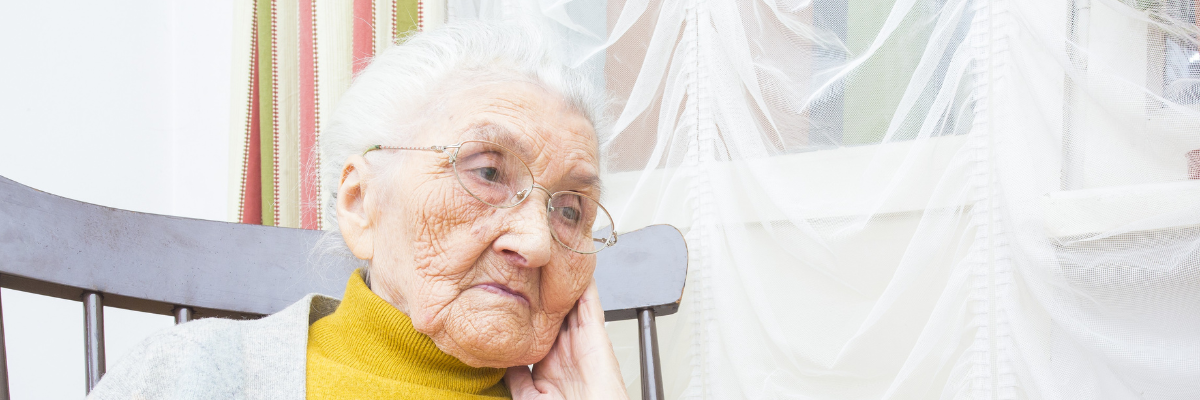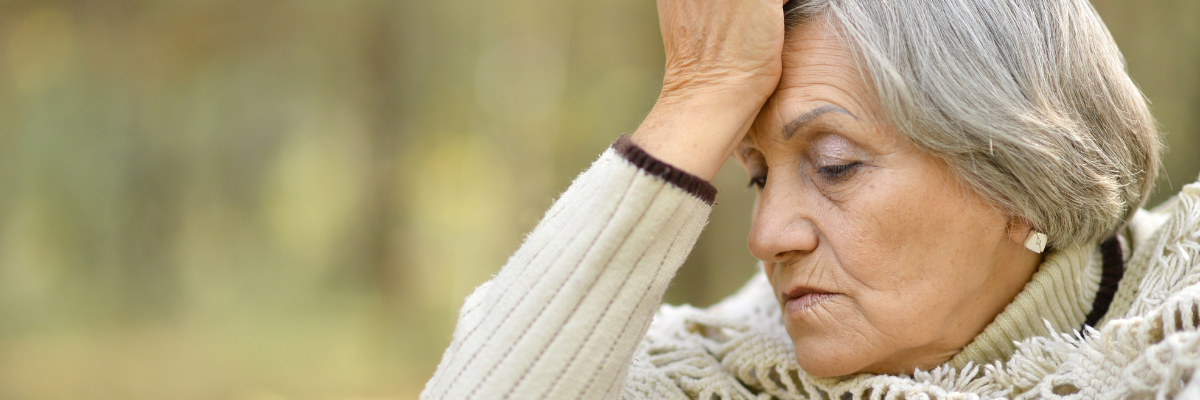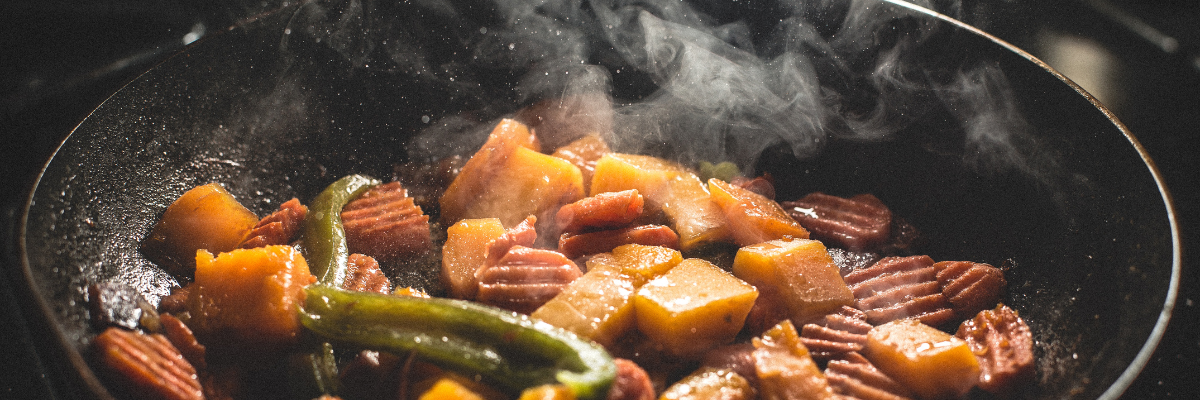What To Do When a Senior Refuses To Eat?
A well-balanced diet is of considerable importance for our mental and physical health. Balanced meals make us feel better, even when we suffer from chronic illnesses. However, this is particularly important for seniors! Elderly people who do not eat are more likely to suffer from daily ailments, have poorer moods and have a general decline in health. How to deal with the elderly not eating? How do you get seniors to eat? What are the best foods for the elderly with no appetite?
What are the causes of an elderly person not eating?
Lack of appetite in a senior citizen can have many causes. Elderly losing appetite over a prolonged time can lead to malnutrition, which weakens the function of every organism inside the senior’s body. Malnourished people are considered to be those with a BMI of less than 18.5 kg/m2 and those whose body weight has decreased significantly in the past three months.
Causes of elderly not eating
Before we move on to dealing with the problem of the elderly not eating and discussing what food to serve for the elderly with no appetite, let us discuss the subject of the cause, because by understanding it, we can eliminate this problem from the senior’s life.
Elderly losing appetite due to the ageing process
The primary one is the natural ageing of the body. In an elderly person, the metabolism slows down considerably. The secretion of enzymes and hormones responsible for appetite decerases. This can be manifested as a lack of appetite or a rapid feeling of satiety, even after eating small portions of food. Older people also often have problems with their teeth and biting their food. With age, problems with taste and smell can also occur. Foods that the senior once enjoyed will now not necessarily be to his liking and he will refuse to eat them.
Elderly losing appetite due to illnesses
One of the main reasons for the lack of appetite is also the chronic diseases that the senior suffers from. Diseases of the digestive system, stomach ulcers, reflux, tumours, coronary heart disease, history of heart attacks and strokes, kidney failure or dementia – all these conditions have a significant impact on an older person’s lack of appetite. In addition, medication taken in large quantities can cause taste and smell disturbances, as well as nausea, diarrhoea or constipation. To a large extent, this can take away from the senior’s enjoyment of meals.
Elderly losing appetite due to a psychological condition
The reluctance to eat is often also caused by psychological factors. A lowered mood, awareness of ageing and one’s limitations, illnesses, loneliness, depression – all these factors do not have a positive impact on the senior’s appetite. Our guest may give up even those dishes that he or she has always found tasty.
Elderly losing appetite due to lack of physical activity
Lack of physical activity also contributes to a lack of appetite. This problem is particularly prevalent in people who are lying down. Little exercise does not stimulate hunger and satiety centre and, as a result, the senior does not feel the need to eat.
Consequences of elderly not eating
For the elderly, malnutrition is particularly dangerous. In extreme cases, it can lead to cachexia and death. The consequences of the elderly not eating include, among others:
- osteoporosis and reduced bone strength due to deficiencies of vitamin D and calcium, an important bone-building component,
- diseases of the digestive and excretory systems,
- neurological and psychological disorders due to a lack of B vitamins,
- anaemia caused by iron deficiency,
- cardiac arrhythmias caused by magnesium and potassium deficiencies,
- weaker immunity and increased susceptibility to various infections,
- reduced fitness – seniors tire more quickly,
- rapid weight loss,
- lower tolerance to medication, which makes it more difficult to treat chronic illnesses effectively.
Food for the elderly with no appetite
An appetite boost is mainly influenced by an appropriate senior’s diet, which takes into account the state of health, but also their preferences and abilities. It must also be properly balanced and provide the elderly person’s body with all the necessary vitamins and minerals.
Meals served to seniors should, above all, be easily digestible. The best option will be cooked or stewed meals based on fresh vegetables, lean meat, rice or porridge. At least twice a week, including a fish dish on the menu. Fats in the elderly diet should mainly consist of vegetable oils, rich in unsaturated fatty acids.
If a senior has difficulty chewing, ensure that the form and consistency of the meal make it easier for them to eat. In this case, solid foods or hard vegetables should be limited and mash or puree introduced. Enrich meals with aromatic spices – such as marjoram, basil, garlic, dill, coriander, cumin, tarragon, thyme, paprika, bay leaf and fresh herbs – to stimulate the appetite. They can be added to almost any dish.
How to deal with the elderly not eating?
In addition to choosing the right food, several ways can get a senior to eat.
Friendly atmosphere and company
Every meal should be associated with a pleasant moment in the day. Let’s try to make sure that the elderly person not eating finds joy in it. Since eating alone can be depressing, let’s sit at the table together with the senior. Use decorative tableware, place flowers on the table or put on some quiet music. It is also a good idea to encourage your seniors to change out of their pyjamas or everyday dressing gown for something more elegant.
Exercise and fresh air
The right kind of physical activity is great for the appetite. That is why it is a good idea to encourage seniors to take daily walks in the fresh air. If the senior citizen is physically fit and has no health contraindications, more advanced exercise can also be introduced. Swimming or Nordic walking, in particular, are good options.
Seek medical advice
If your senior’s reluctance to eat persists and home remedies to stimulate the appetite do not work, consult a doctor. The cause may be a more serious illness or physical or psychological ailment. The doctor will advise you on the best course of action. Perhaps they will recommend a suitable preparation to increase the senior person’s appetite.















